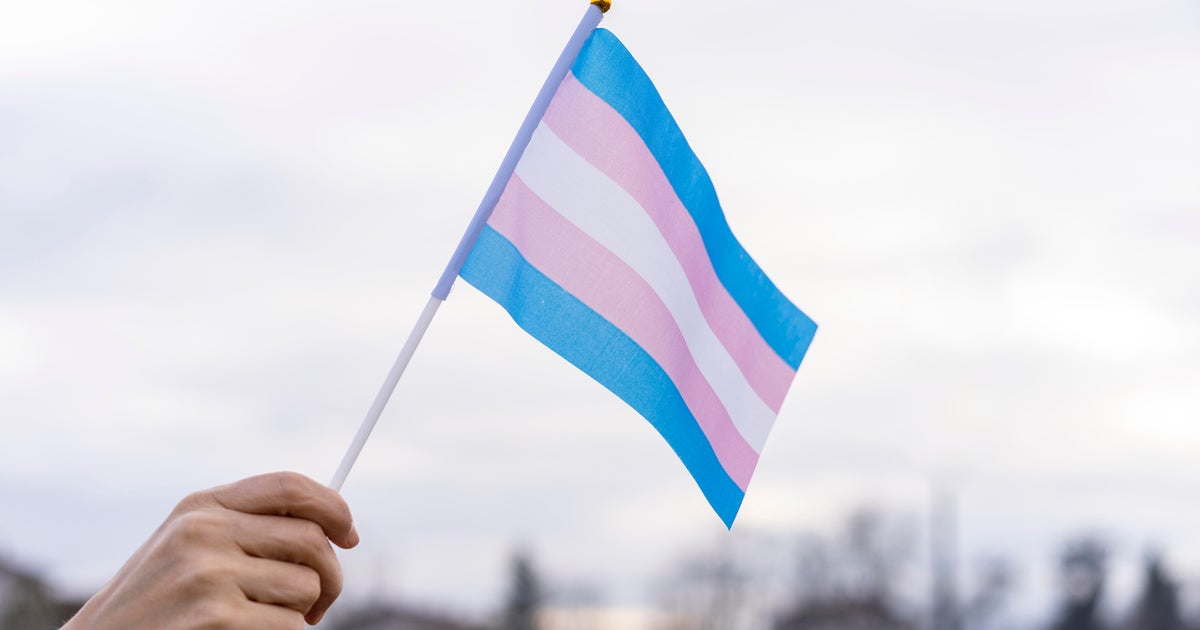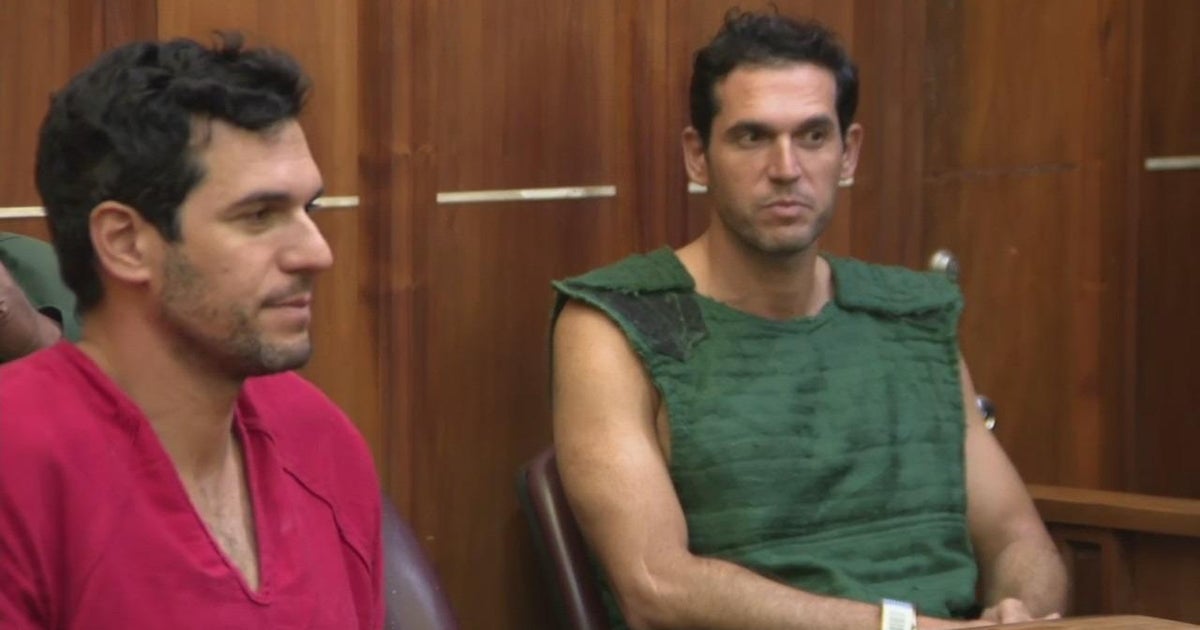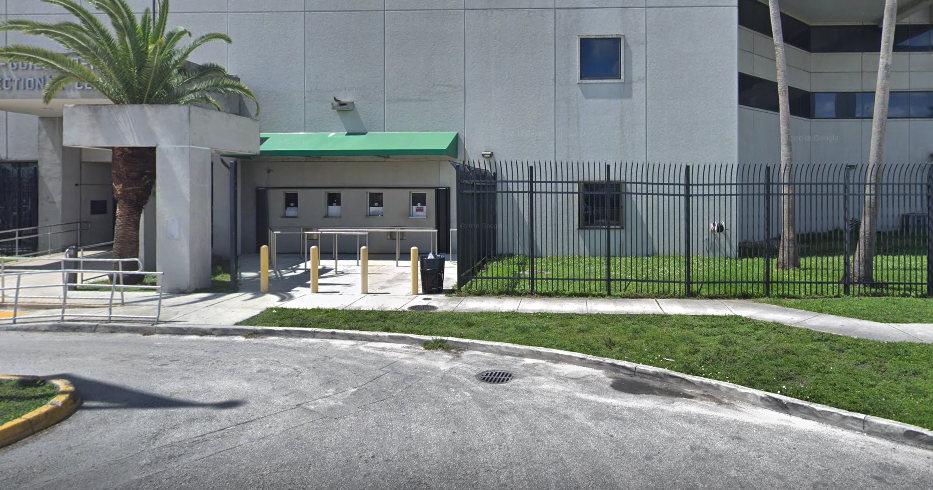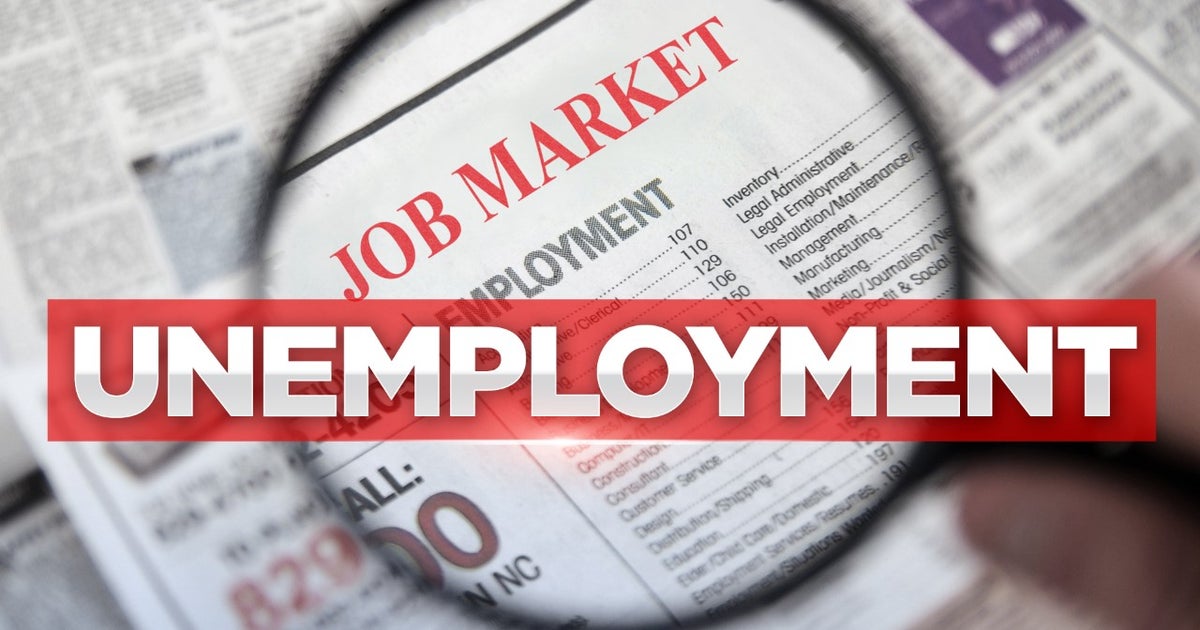Fla. Election Official Asks DC Court To Approve State Election Law
TALLAHASSEE (CBS4)- Florida's top election official said he asked a federal court in Washington, D.C., rather than the U.S. Justice Department to approve a new state election law on Friday because he wants the decision to be free of "outside influence."
Opponents of the Republican-sponsored law contend it's designed to suppress turnout by minorities who tend to vote Democratic.
Secretary of State Kurt Browning disputed that argument in his request for a declaratory judgment from a three-judge panel in Washington. His filing means the court instead of Attorney General Eric Holder will decide if the law complies with the federal Voting Rights Act.
Republicans say the law is needed to prevent voting fraud. Florida is one of several states in which GOP-controlled legislatures have passed such laws this year.
"The purpose of filing in the federal district court is to ensure that changes to Florida's election law are judged on their merits by eliminating the risk of a ruling impacted by outside influence," Browning said in a statement.
Howard Simon, Florida executive director of the American Civil Liberties Union, said the court filing is a political move by Browning and his boss, Republican Gov. Rick Scott, which will cost taxpayers more in legal expenses than leaving the decision to Holder.
"They will spend whatever it takes to suppress the vote in Florida," Simon said. "With the Aug. 8 decision looming, Rick Scott and Kurt Browning clearly thought they were going to lose so they've resorted to these last-second legal shenanigans."
Simon said opponents were gaining the upper hand with their arguments to Holder and that they wear the label "outside agitators" as a "badge of honor."
The ACLU and Project Vote, a voting rights group based in Washington, last month sued on behalf of nine plaintiffs in Miami in an attempt to stop the state from enforcing the law throughout Florida until it receives federal approval. That case is still pending.
Browning has declared the law in force in all except five of Florida's 67 counties. Federal approval is required under the Voting Rights Act in those five counties -- Collier, Hardee, Hendry, Hillsborough and Monroe -- due to past discrimination.
Opponents say the Florida law is discriminatory in part because it includes tougher regulations for groups conducting voter registration drives. The Florida League of Women Voters already has announced it would discontinue registration efforts because it considers those regulations too onerous. That includes a requirement for registration applications to be turned in within 48 hours instead of 10 days under the state's old law.
Other provisions being challenged reduce the number of early voting days and require voters to cast provisional ballots if they make out-of-county address changes at polling places.
Provisional ballots usually are not counted unless voters also submit additional identification at the county supervisor of elections' office. Browning, though, has issued a directive requiring they be counted without that step unless fraud is obvious.
Browning contends that reducing the number of early voting days from 14 to eight will benefit voters. That's because those polling places will stay open longer as maximum hours of early voting will remain unchanged at 96.
Browning has asked the Washington court to approve those parts of the law and provisions making it more difficult to get citizen initiatives on the ballot including a shorter shelf life -- two years instead of four -- for petition signatures.
(© 2011 The Associated Press. All Rights Reserved. This material may not be published, broadcast, rewritten, or redistributed.)



